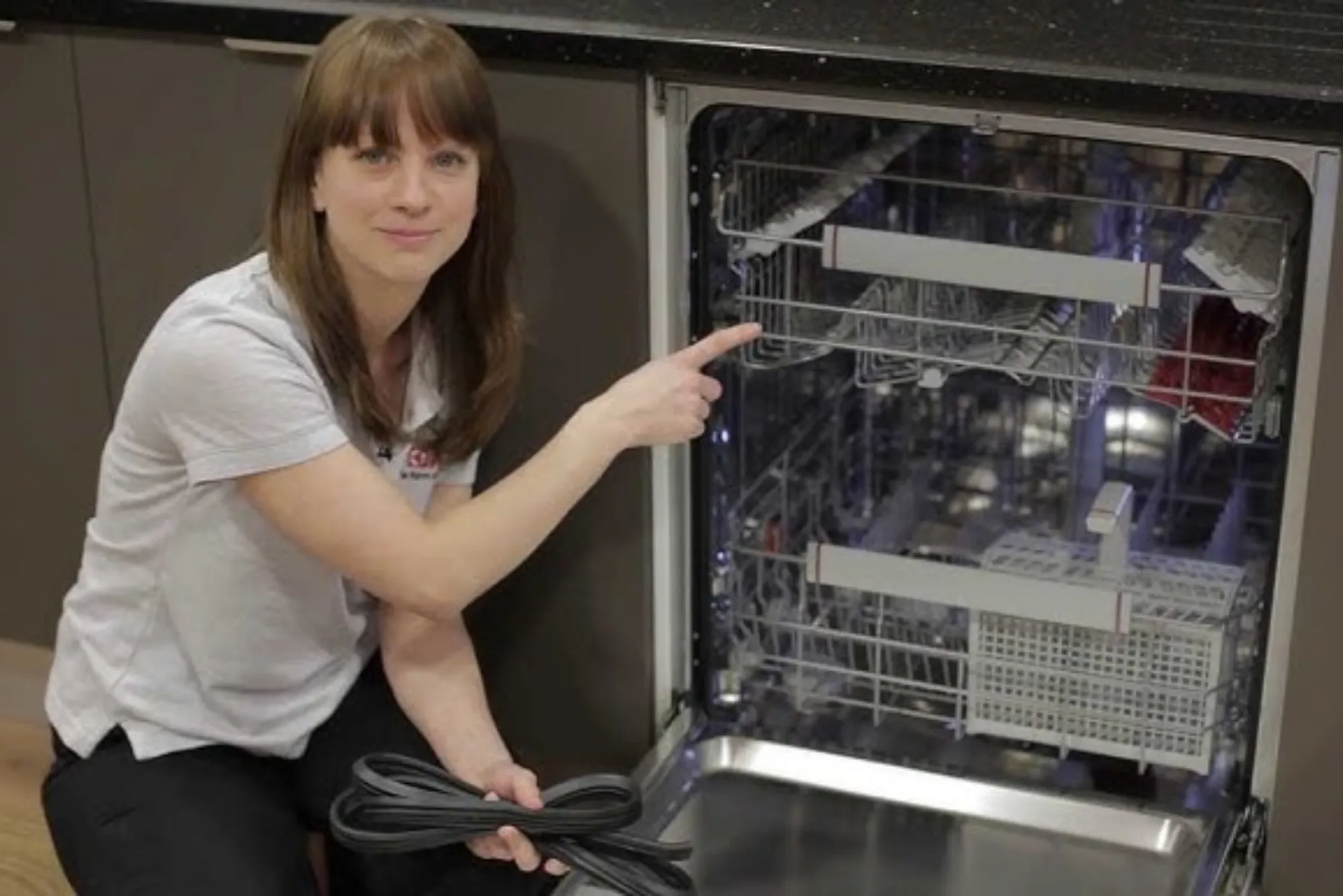When you look at any modern product, whether it’s a car dashboard, a medical device casing, or the housing of your smartphone, chances are it has a molded part inside it. These molded components form the backbone of industries where precision, durability, and performance are non-negotiable. Yet, one common question that comes up when discussing molded manufacturing is: how do molded parts manufacturers ensure accuracy?
As someone who has worked closely with engineering teams and suppliers in the plastics industry, I’ve seen firsthand that accuracy isn’t just about machines—it’s about a carefully designed system where design, materials, tooling, and process control come together. Let’s explore how manufacturers consistently achieve precision in every molded component.
The Foundation: Accurate Design and Engineering
Every accurate molded part begins with its design. Manufacturers rely on computer-aided design (CAD) software and advanced simulation tools to predict how molten material will flow inside the mold. For a plastic molded parts manufacturer, this stage is critical because even the smallest error in draft angle or wall thickness can result in warping, shrinkage, or weak spots.
By simulating the molding process digitally, engineers can anticipate defects and adjust designs before a single mold is cut. This proactive step saves both time and money while laying the groundwork for accuracy. It also reflects why choosing the right plastic parts company matters—companies that invest in strong design capabilities often deliver better results in production.
Precision Tooling: The Heart of Accuracy
The mold itself is arguably the most important factor in achieving accurate parts. Think of it as the “blueprint in steel.” High-quality molds are made using CNC machining, electrical discharge machining (EDM), and sometimes even laser texturing. Each cavity must match the part design down to microns.
For a plastic molded parts manufacturer, mold quality directly impacts repeatability. If the mold is not made with precision, every part that comes out of it will carry the same flaws. This is why many reputable companies use advanced metrology equipment, like coordinate measuring machines (CMM), to verify tooling dimensions before production begins.
A strong plastic parts company doesn’t cut corners at this stage, even though tooling can be expensive. They know that accurate tooling means less scrap, fewer quality issues, and more satisfied customers in the long run.
Material Science and Quality Control
Accuracy isn’t just about shape—it’s also about material performance. Different polymers shrink and cool at different rates, and a seasoned plastic molded parts manufacturer takes this into account when designing and producing parts. For example, a medical-grade polycarbonate might need tighter temperature control compared to an automotive-grade polypropylene.
Manufacturers often run trial batches and perform material testing to ensure that the chosen polymer behaves consistently. A reliable plastic parts company will also verify suppliers, test incoming resins, and maintain controlled storage to prevent contamination or moisture absorption. Even a small deviation in material consistency can impact accuracy, especially in applications like aerospace or electronics where tolerances are extremely tight.
Process Control: Where Accuracy Comes Alive
Even with perfect design and tooling, accuracy can be lost if the molding process isn’t controlled properly. Factors like injection pressure, cooling time, mold temperature, and screw speed all play a role.
Top plastic molded parts manufacturers use highly automated injection molding machines equipped with sensors that monitor real-time conditions. These machines can adjust parameters mid-cycle to ensure consistency. For instance, if the mold temperature drifts slightly, the machine compensates automatically, preventing a flawed part from being produced.
Equally important is the role of skilled technicians who understand how to fine-tune processes. No matter how advanced the machinery, human expertise remains a cornerstone of quality in any plastic parts company.
Inspection and Testing: Verifying Accuracy
Accuracy doesn’t end when a part comes out of the mold. Rigorous inspection is a standard practice across the industry. Manufacturers use dimensional checks, visual inspections, and advanced techniques like 3D scanning to ensure every batch meets the required specifications.
A plastic molded parts manufacturer might conduct destructive testing on random samples to measure strength, flexibility, or resistance to stress. In high-stakes industries like healthcare or automotive, statistical process control (SPC) ensures that any deviations are caught immediately.
This layer of verification not only protects the customer but also reinforces a manufacturer’s reputation. Any plastic parts company that values long-term partnerships knows that accuracy isn’t optional—it’s a promise.
Continuous Improvement and Industry Standards
Accuracy is not a one-time achievement—it’s an ongoing commitment. Many manufacturers adopt international quality standards like ISO 9001 or industry-specific certifications such as IATF 16949 for automotive or ISO 13485 for medical devices.
What makes a reputable plastic molded parts manufacturer stand out is their dedication to continuous improvement. They regularly audit their processes, invest in training, and upgrade equipment to stay ahead of the curve. Similarly, a trustworthy plastic parts company views accuracy not just as compliance but as a competitive advantage.
Real-World Example: Automotive Precision
To illustrate, consider the automotive sector. A dashboard component produced by a plastic molded parts manufacturer must align perfectly with electronic modules, air vents, and other trim pieces. Even a 0.5 mm deviation can cause misalignment, rattling, or assembly issues.
Here, accuracy is achieved through a combination of simulation software, high-precision tooling, controlled production environments, and exhaustive quality checks. Customers don’t just receive parts; they receive confidence that those parts will fit and perform as expected. This philosophy is shared across any reputable plastic parts company, whether they serve automotive, electronics, or healthcare markets.
Conclusion: Accuracy as a Partnership
Accuracy in molded parts manufacturing isn’t magic—it’s the result of meticulous design, precision tooling, material expertise, process control, and strict inspection. Behind every accurate component is a team of engineers, technicians, and quality experts working together to meet demanding standards.
If you’re considering working with a plastic molded parts manufacturer, look beyond cost alone. Evaluate their design capabilities, tooling precision, material knowledge, and quality systems. Similarly, when choosing a plastic parts company, prioritize those who demonstrate consistency and a commitment to continuous improvement.
After all, accuracy isn’t just about numbers on a technical drawing—it’s about ensuring products function flawlessly in the real world.





